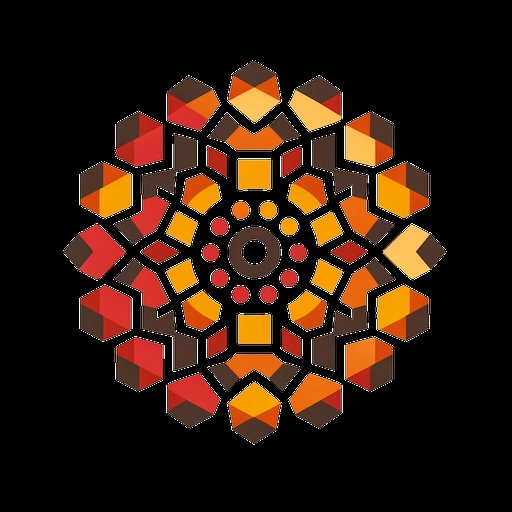Talk:Fictional Enemies Are Evil Selves
A well-known cliché is that no villain really thinks he's evil. In the 2000s this is mostly represented in English language content as villains whose motivation has a kernel of sense. But perhaps the most convincing villains[1] are ones with a completely coherent world-view and philosophy, but with exactly opposite alignment. Almost all of us also have ease imagining how we would behave badly, so we imagine our enemies as those versions of ourselves[2].
What this means is that if you want to know how some culture will behave if they were evil, look at their most famous works and see how the antagonists behave. That behaviour is what you should expect from them when they are your antagonists.
In The Three-Body Problem, you get a little bit of insight into how the Chinese would attack you. They'd rely on convincing you they are just like you, then subjugate you. You'd think they're just like you and would oppose any action to fight them until the moment you have
Footnotes[edit]
- ↑ There are also evil forces like runaway grey good, etc. which don't have sapient goals but which need to be beaten. They are convincing, too, just not 'villains' so much as just opponents in the form that Nature is an opponent.
- ↑ Insults that people use are also reflective of this. People always try to insult you in a way that they think would affect you, but really what happens is that they end up insulting you in a way
